This week SAR welcomes a new cohort of resident scholars. For over forty years, SAR has awarded nine-month fellowships to a small group of scholars who have completed their research, providing them with the time, space, and support they need to finish dissertations or write manuscripts. Fellows develop their work on our historic campus, which provides a combination of solitude, freedom from institutional responsibilities, and lively exchange of ideas. Each person who completes a residency at SAR becomes part of an alumni network including nearly three hundred scholars in over thirty countries who have received prestigious academic appointments and occupy other influential roles. This year’s fellowships are funded in part by the Andrew W. Mellon Foundation, Katrin H. Lamon Endowment for Native American Art and Education, Paloheimo Foundation, and Weatherhead Endowment.
Meet our scholars through the descriptions below, and join us this fall for online presentations by each fellow.
Scott Ortman
Weatherhead Fellow
Affiliation at time of award:
Assistant Professor
Department of Anthropology
University of Colorado, Boulder
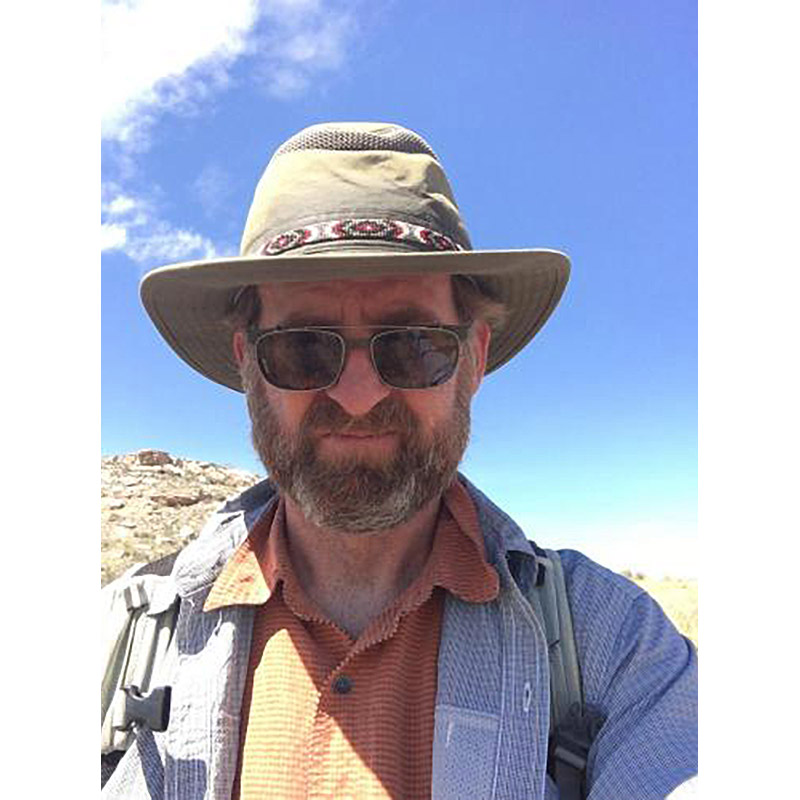
Courtesy of Scott Ortman.
Coming Together: Pueblo History in the Pojoaque Valley
One of the most positive trends in US Southwest archaeology today is the growing emphasis on collaboration and partnership among archaeologists and Native community members. For the past six years, Ortman has been honored to be involved in one such partnership with the Pueblo of Pojoaque. Working together, project participants have learned important lessons regarding the potential of archaeology for tribal communities: how archaeologists and tribal members can work together as co-investigators; how such partnerships improve and decolonize archaeological practice; and how the incorporation of traditional knowledge leads to better archaeology in both its humanistic and social scientific dimensions. In the process, Ortman also took advantage of the opportunity to engage with Native philosophy and to understand the issues facing the Pojoaque community today. As a resident scholar, his book project will explore a key tension emerging from these experiences—the urge to incorporate Native culture into archaeological practice versus the urge to conduct research that is useful and relevant for Native people.
Generous funding for this fellowship provided by the Weatherhead Endowment.
Register for this free colloquium on Wednesday, September 23, 2020, at 2 p.m. (MDT).
Alina Méndez
Mellon Fellow
Affiliation at time of award:
Assistant Professor
Department of American Ethnic Studies
University of Washington
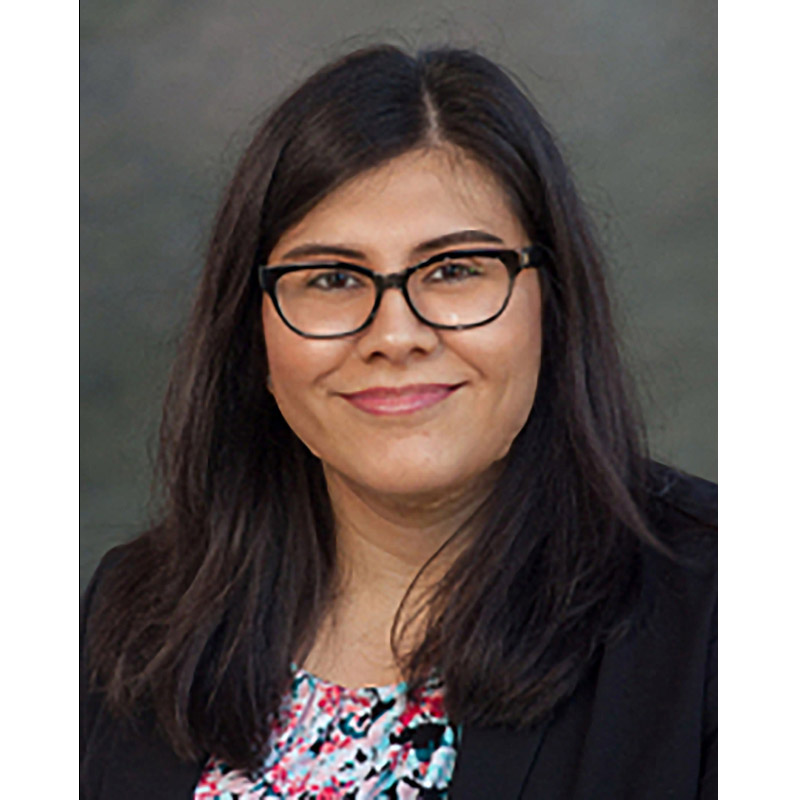
Courtesy of The Center for U.S.-Mexican Studies.
Cheap for Whom? Migration, Farm Labor, and Social Reproduction in the Imperial Valley–Mexicali Borderlands, 1942–1964
During her residence, Méndez will devote her time to completing “Subsidized Labor: The Bracero Program in the Imperial Valley–Mexicali Borderlands, 1942–1969.” This book manuscript examines the socioeconomic transformations that the Bracero Program generated in California’s Imperial Valley and across the US-Mexico border in Mexicali, Baja California. Whereas the Imperial Valley obtained a cheap source of contract labor under the Bracero Program, Mexicali faced mounting socioeconomic pressures from a growing and urbanizing population that migrated north, attracted by the prospect of employment in the United States. Asking who pays the price of cheap labor, this project underscores the importance of migrant social reproduction and traces the historical legacies of a nation that has welcomed migrants as individual workers but conveniently ignores and excludes their families.
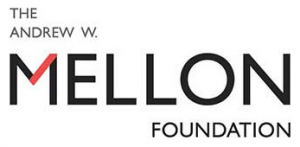
Register for this free colloquium on Wednesday, October 7, 2020, at 2 p.m. (MDT).
Robert Caldwell
Lamon Fellow
Affiliation at time of award:
Assistant Professor
School of Arts and Sciences
Sowela Technical Community College
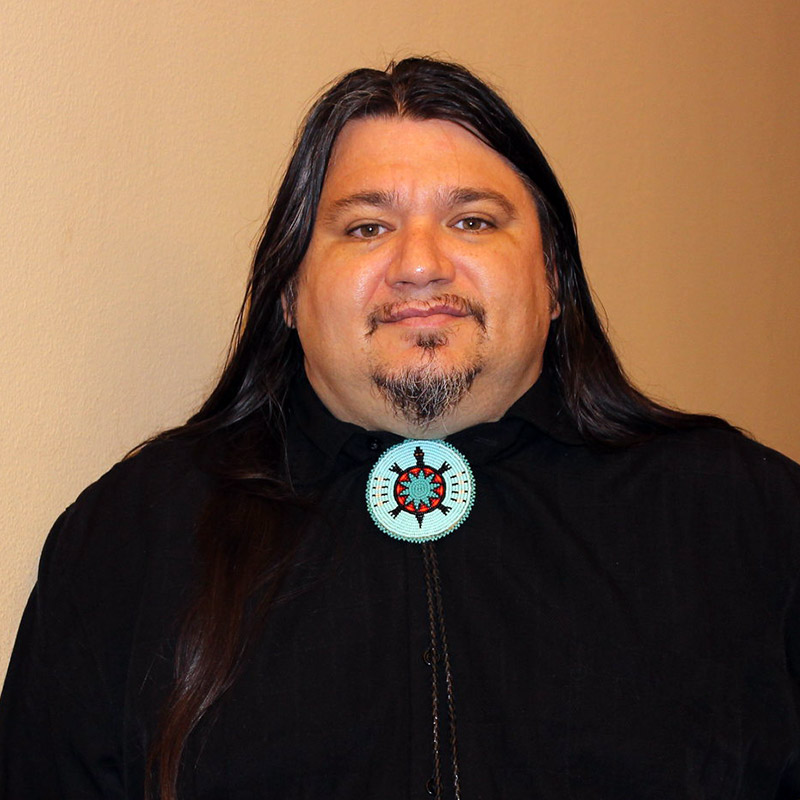
Courtesy Robert Caldwell / Austin Loignon.
Indians in Their Proper Place: Culture Areas, Linguistic Stocks, and the Genealogy of a Map
Caldwell’s dissertation-to-book manuscript project explores some two hundred years of European and Euro-American thematic maps of American Indian homelands, languages, and culture elements. Examining primary sources including correspondence, maps, and scholarly writings, Caldwell argues that these maps first developed not only as part of a transatlantic circulation of ideas regarding natural science, philology, and the place of American Indians in the world, but also in the context of eighteenth-century US and German nationalism, including the emergence of the social sciences, the transfer of ideas between the two continents, and the institutional consolidation of the disciplines on both sides of the Atlantic. Elucidating the transatlantic evolution of the maps, the research uncovers the world view of the map creators, offering readers a window into networks of power and production.
Generous funding for this fellowship provided by the Katrin H. Lamon Endowment.
Register for this free colloquium on Wednesday, October 21, 2020, at 2:00 p.m. (MDT).
Alanna Warner-Smith
Paloheimo Fellow
Affiliation at time of award:
PhD Candidate
Department of Anthropology
Syracuse University
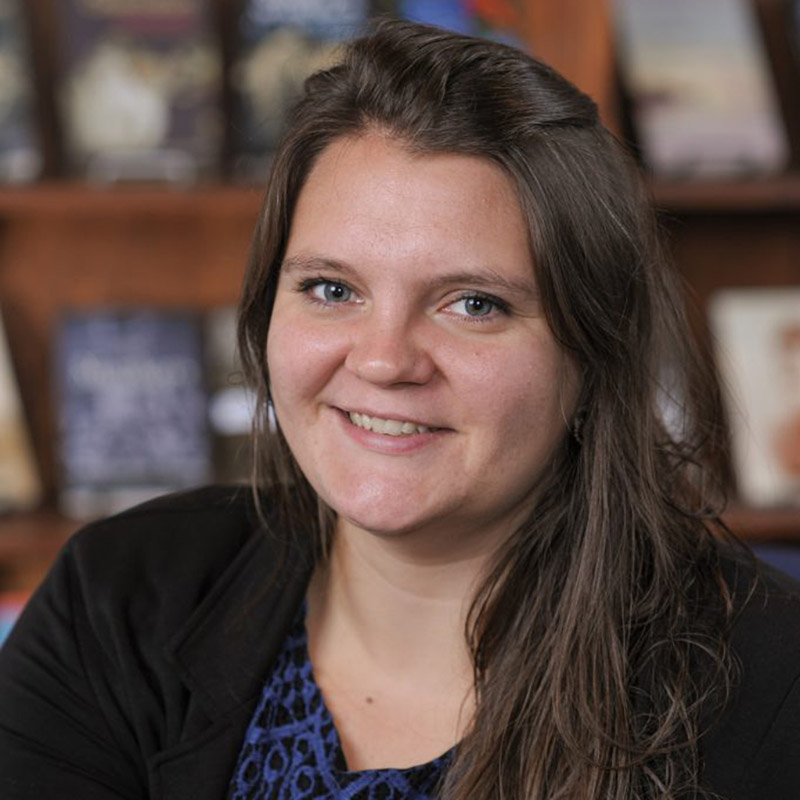
Photo by Stephen Sartori.
Working Hands, Indebted Bodies: The Bioarchaeology of Labor and Inequality in an Era of Progress
Warner-Smith examines the intersections of labor and aging by studying the skeletal and archival remains of approximately two hundred Irish immigrants who died in New York City between 1893 and 1921. Throughout the second half of the nineteenth century, inequality, age, and labor were intimately connected in institutional discourse. In her study, Warner-Smith seeks to answer four key questions. First, what do the skeletal remains tell us about immigrants’ daily work and activities? Second, what does this evidence of work tell us about their experiences in Ireland and New York, where they grew up, lived, labored, and died? Third, what do the skeletal and archival traces tell us about the ways inequality shapes the body? How was inequality embodied in skeletal tissues over the course of these persons’ lives as they grew and aged? Finally, what social meanings did bodily evidence of health and labor assume in relation to aging and poverty discourse? In exploring these questions, Warner-Smith seeks to better understand how labor and inequality shaped the body over the course of these individual’s lives. More broadly, her study reanimates the diverse experiences and stories of people once named but made anonymous through dissection and curation as anatomical specimens.
Generous funding for this fellowship provided by the Paloheimo Foundation.
Register for this free colloquium on Wednesday, November 4, 2020, at 2 p.m. (MST).
Stephen Sullivan
Mellon Fellow
Affiliation at time of award:
PhD Candidate
Department of Anthropology
Northwestern University
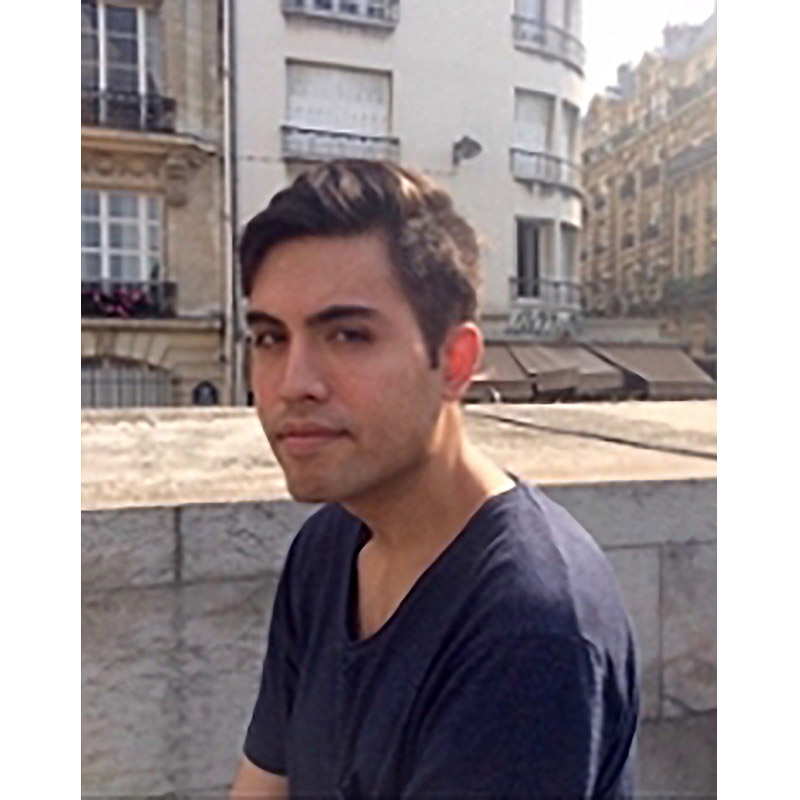
Courtesy of Northwestern University.
Amplifying Gentrification: Contestations of Sound and Space in Brooklyn, New York
“Gentrification” may evoke scenes of urban renewal that reflect shifting tastes caused by an influx of newer residents. Yet such portrayals of city life take for granted the different ways residents experience and use urban space. Recent reports attribute discontent with gentrification to increasing levels of sound. Amid urbanization and housing scarcity, residents are increasingly angered by loud neighbors, invasive music, and construction noise. How do residents judge what kinds of sounds belong or are out of place? How do these evaluations inform their everyday interactions and local politics? In other words, what does gentrification sound like? Sullivan’s research examines these questions in a working-class Latinx Brooklyn neighborhood that is experiencing rapid gentrification. This project uses the concept of soundscape to offer a more integrated, on-the-ground account of gentrification and its discontents. Perceptions of sound, what counts as “noisy,” depend upon listeners, technologies, and policies like zoning laws. “Soundscape” thus provides a way to rethink the links between everyday experiences in a gentrifying neighborhood and larger processes, including the transformation of public space, demographics, and public surveillance.

Register for this free colloquium on Wednesday, November 18, 2020, at 2:00 p.m. (MST).
